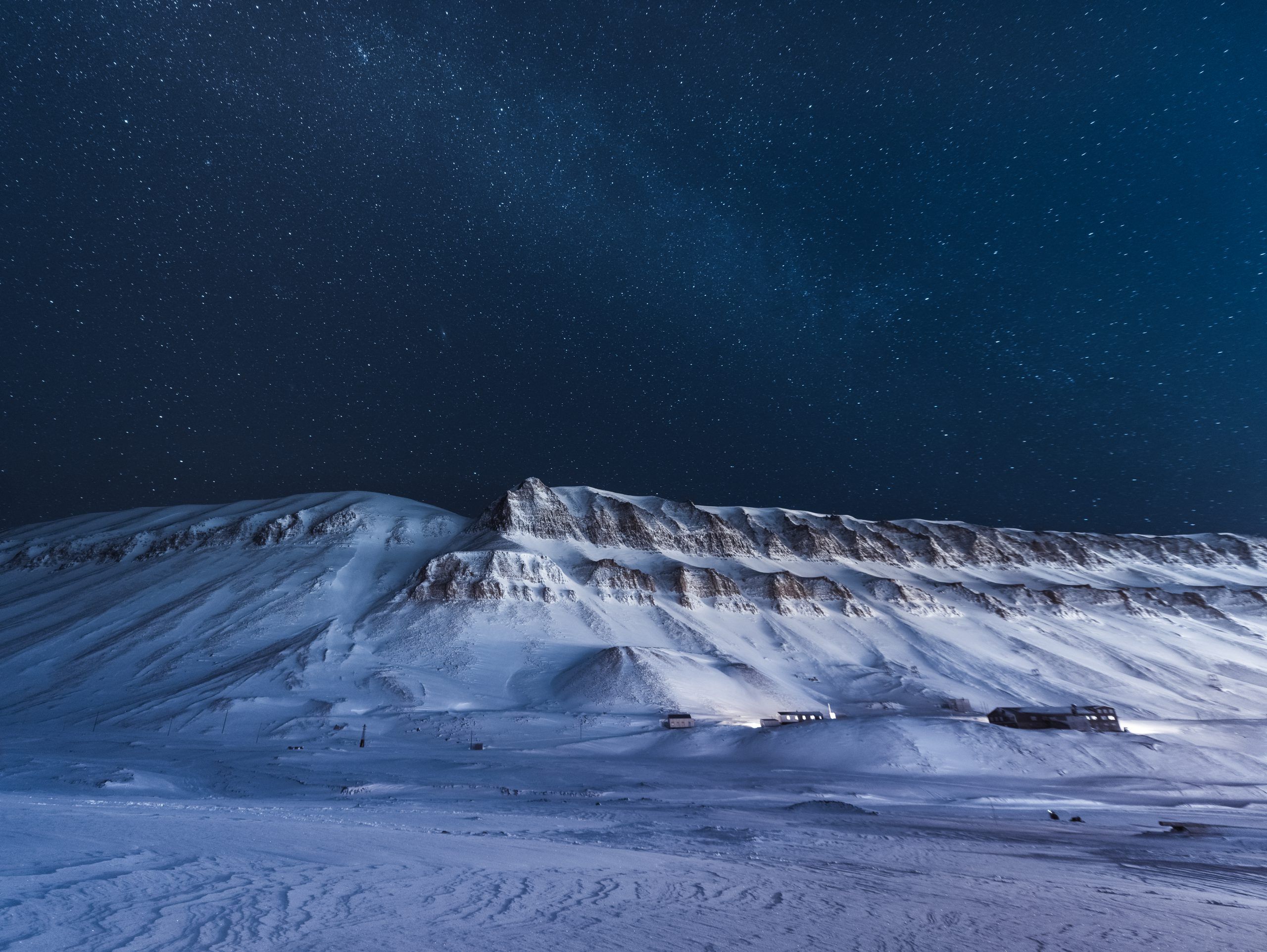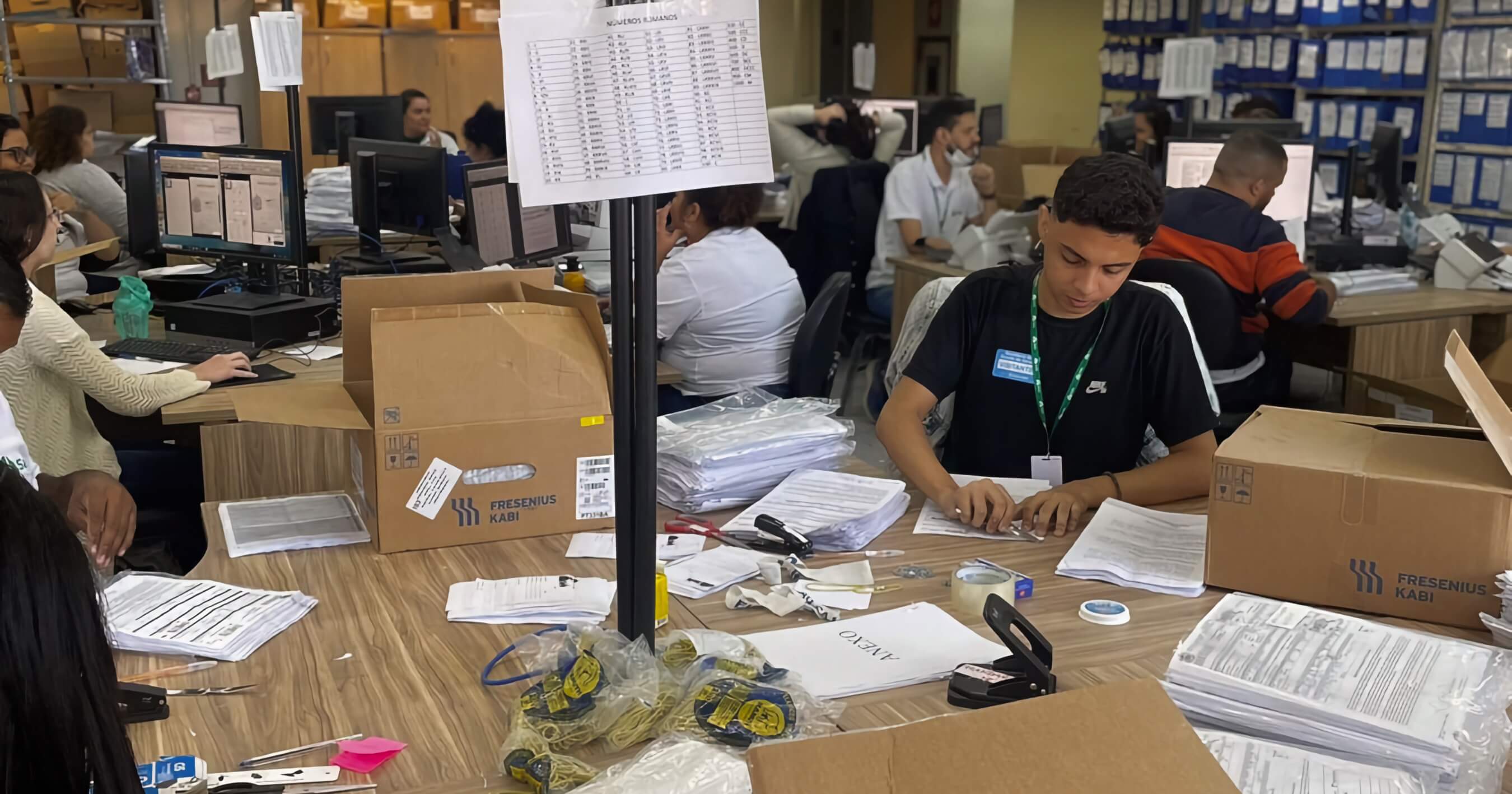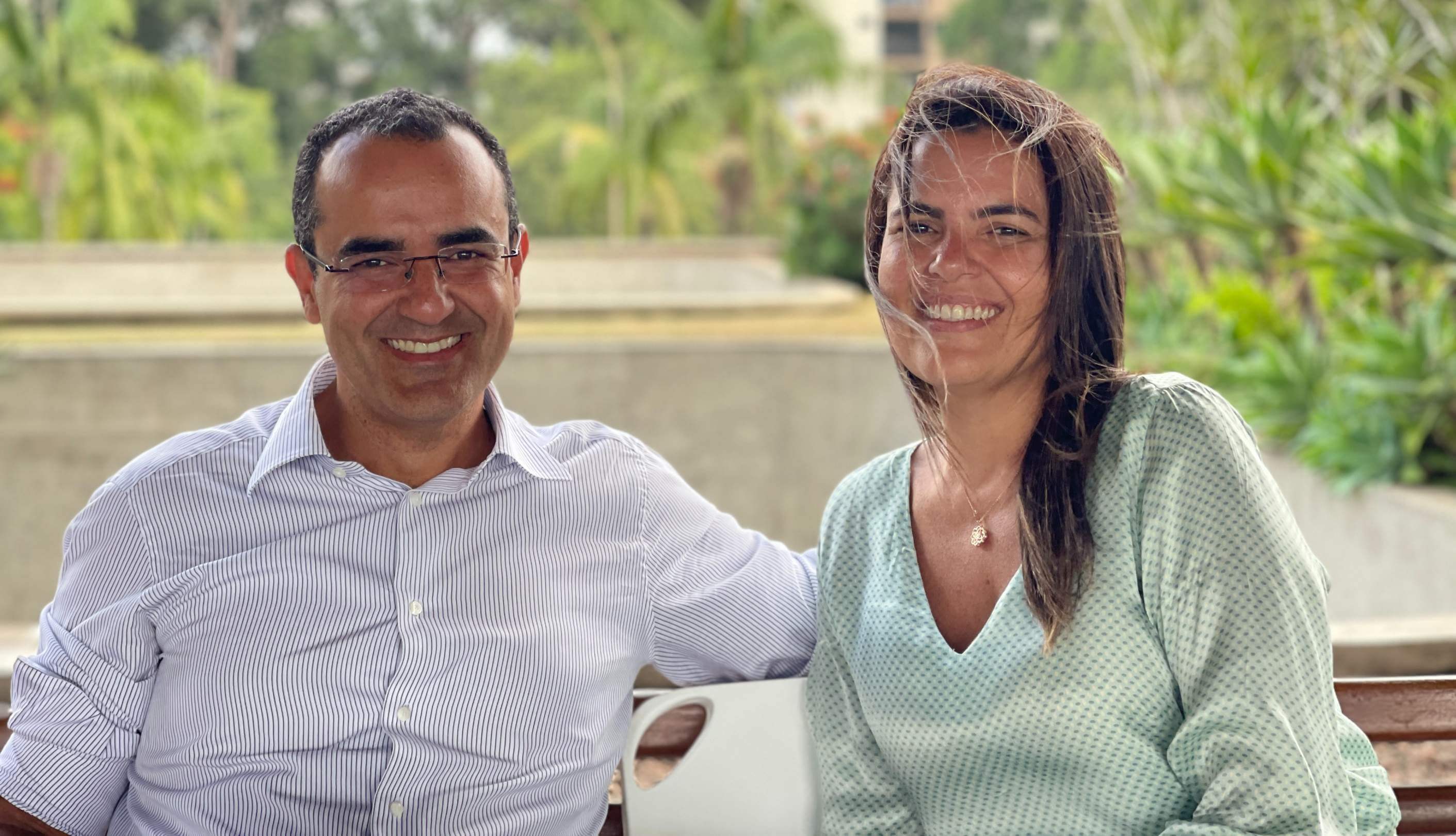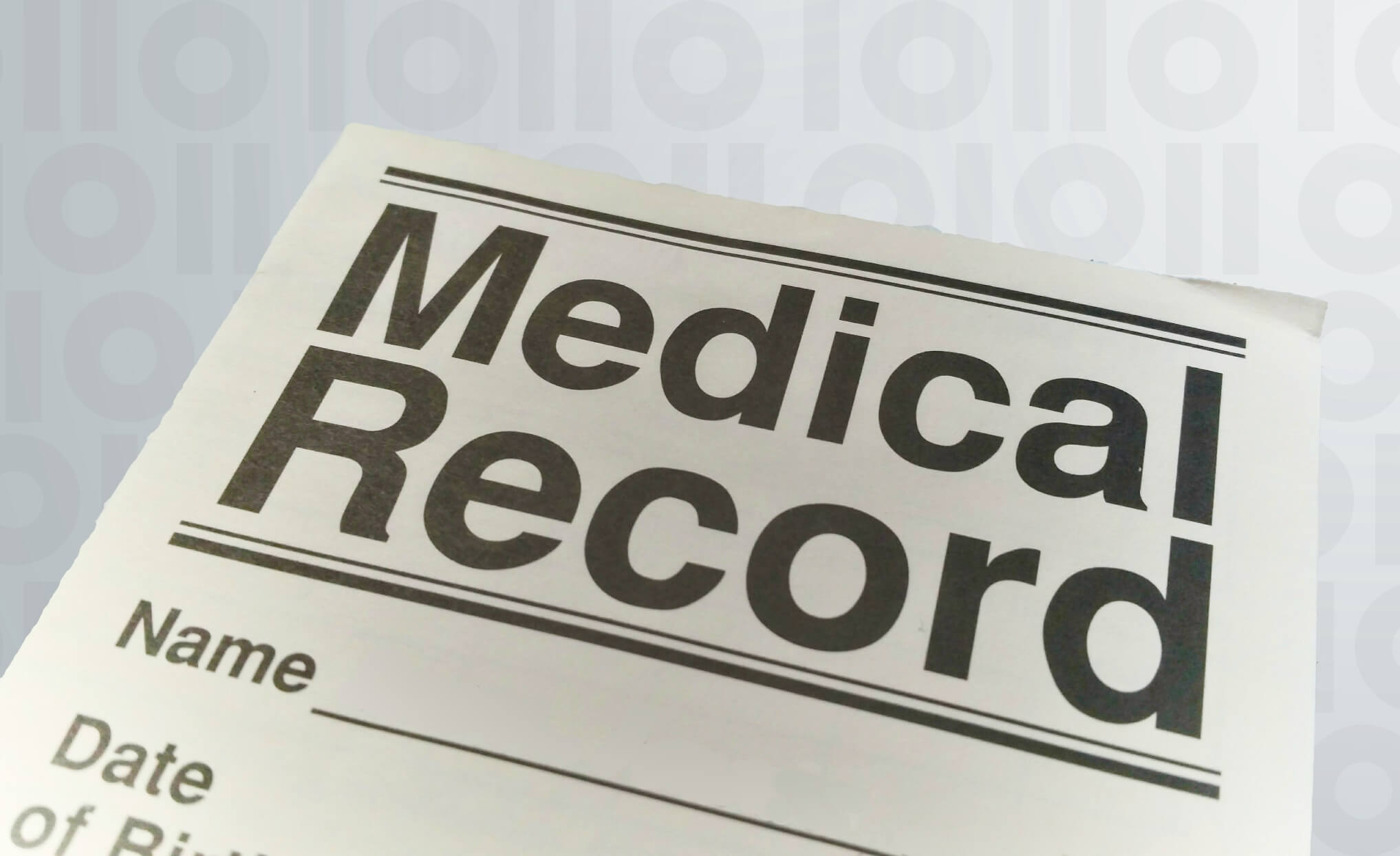Arctic World Archive receives more world treasures

Institutions and companies from around the world have gathered in Svalbard to deposit their treasures in the Arctic World Archive.
The Archive, based on the remote island of Svalbard, Norway, is a repository for world memory. Set in an arctic mountain in a disaster proof vault in the most geopolitically stable place in the world, the data stored here will last for centuries.
The Archive is a collaboration between Piql, digital preservation specialists, and Store Norske Spitsbergen Kulkompani (SNSK), a state-owned Norwegian mining company based on Svalbard with vast experience and resources to build and maintain mountain vaults.
A ceremony was held to mark the importance of storing these items for the benefit of future generations.
Speaking at the event, Piql’s Managing Director, Rune Bjerkestrand, welcomed the new deposits and the memories they capture.
We like to think of the Arctic World Archive as way to ensure we never lose items of historical and cultural value—we help the world remember. ‘The items you have deposited today contribute to richer picture of our era for the generations to come.
Founder and Managing Director of Piql, Rune Bjerkestrand
Items deposited include memories from Spain’s political history, provided by the Fundación Felipe Gónzalez. These memories include transcripts from pre-constitutional secret meetings in 1976 and 1977, handwritten notes from the President during important political events and photographs capturing momentous moments and daily life.
The Brazilian Museum of the Person deposited an extract from the “Memória de Brasileiros e Brasileiras” collection, composed of more than 2000 digitized photos and 300 life stories recorded between 2006 and 2016. The stories were recorded in expeditions that passed through 42 cities in 14 states of the brazilian territory. In addition, by understanding the value of traditional knowledge for the development of Brazilian culture and the current threat to indigenous peoples, 11 interviews with indigenous leaders from different ethnic groups in Brazil will also be included. The content was chosen in honor of the International Year of Moderation and Indigenous Languages chosen by the United Nations for 2019.
The National Museum of Norway made their second deposit to the Archive, featuring a diverse collection of the more valuable pieces they hold, providing a unique overview of Norwegian culture and history.
The European Space Agency (ESA), deposited some sample data acquired by its first Earth Remote Sensing (ERS) satellite launched in 1991, and a thorough description of the mission objectives and achievements. This history captures the moment that saw a whole new chapter opened for the world in continuously and consistently monitoring the health of our planet from space and should never be lost, a truly magnificent story.
The top 10 items of cultural heritage, as nominated by the public was also stored away for the future. These items include famous religious texts, paintings, architectural designs, science breakthroughs and popular contemporary music.
These items join existing treasures including manuscripts from the Vatican Library, Edvard Munch’s The Scream, records from the national archives of Brazil and Mexico, and contemporary art.
Stored on Piql’s unique technology, in the ideal climatic conditions of the arctic, the data can last for centuries, with no electricity required. The self-contained technology also guarantees that no data is lost and will be accessible no matter the time that passes. If the reading technology is no longer available, the data can be extracted manually with a camera, a light source and a computer.
The technology can withstand extreme electromagnetic exposure and has undergone extensive longevity testing.
‘The Arctic World Archive really is the safest place in the world for valuable data and we are thrilled to add this new data to our repository of world memory,’ Mr Bjerkestrand said.


